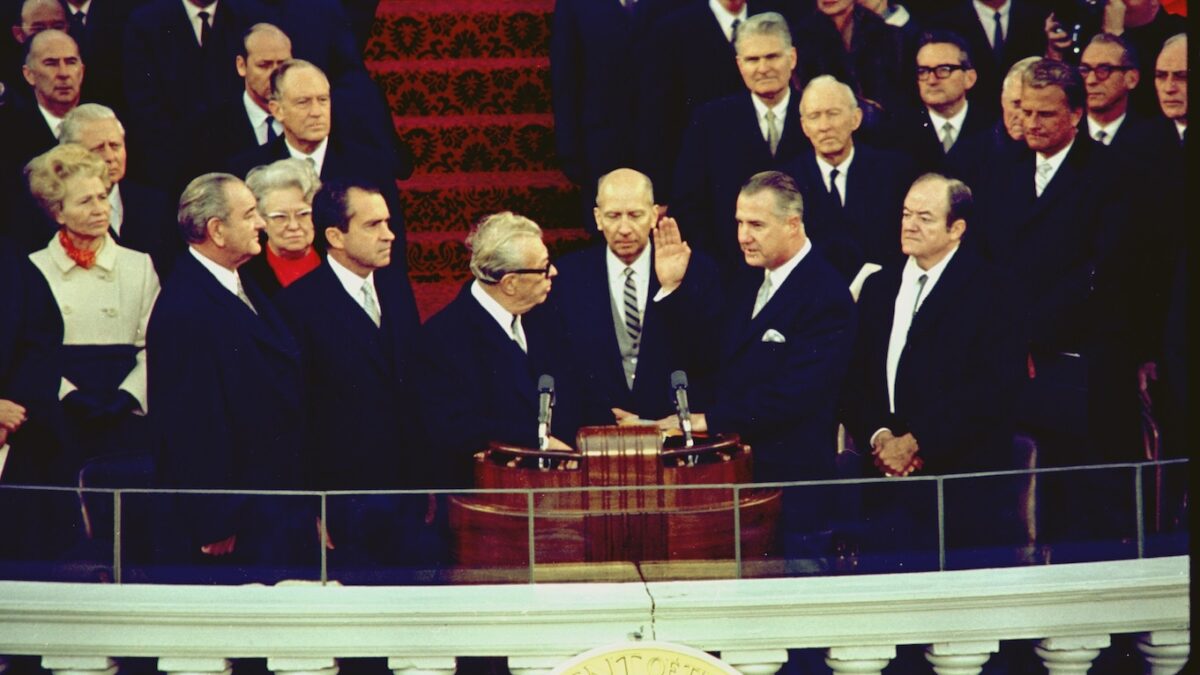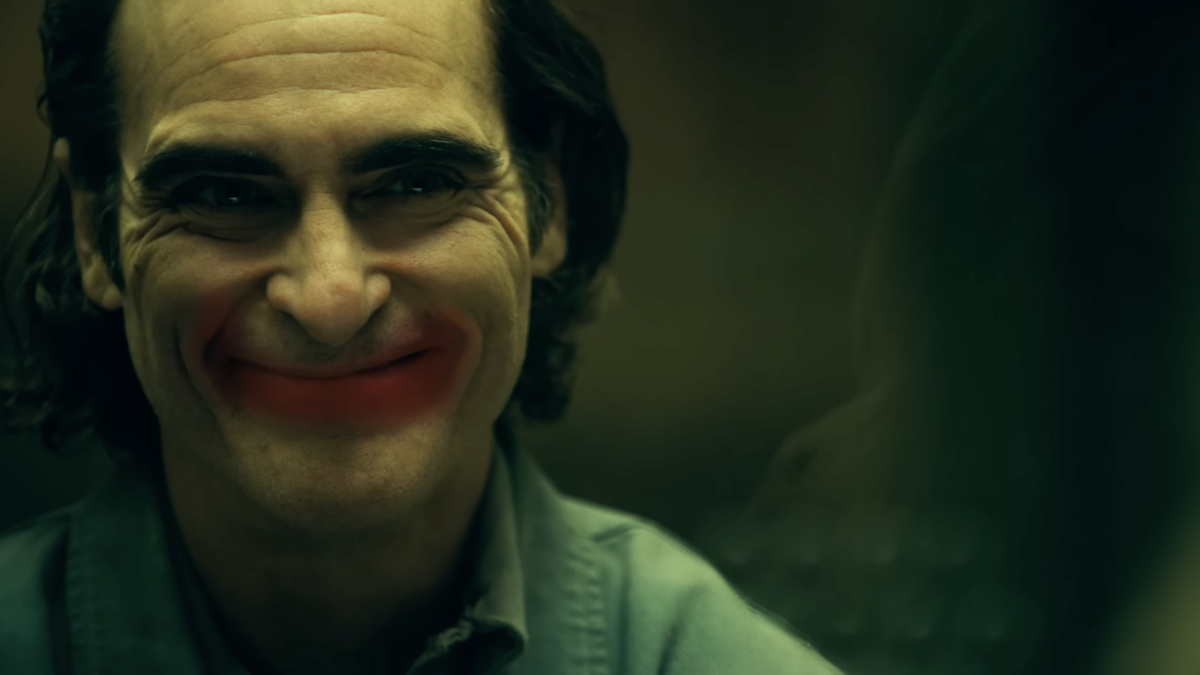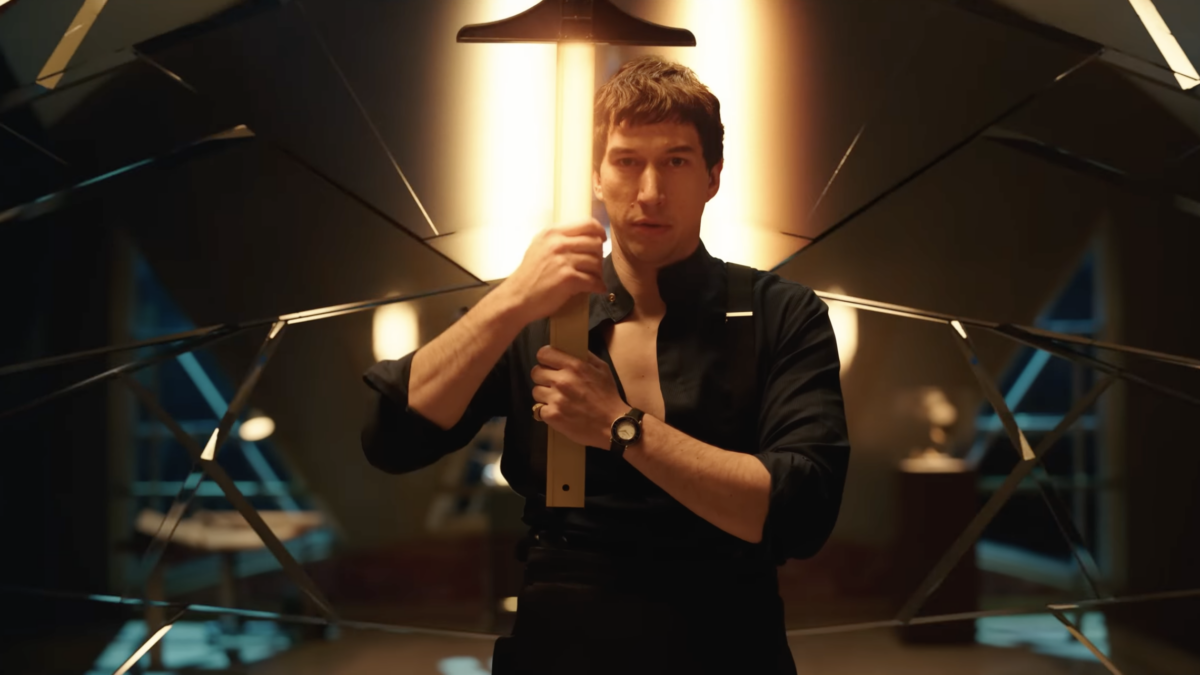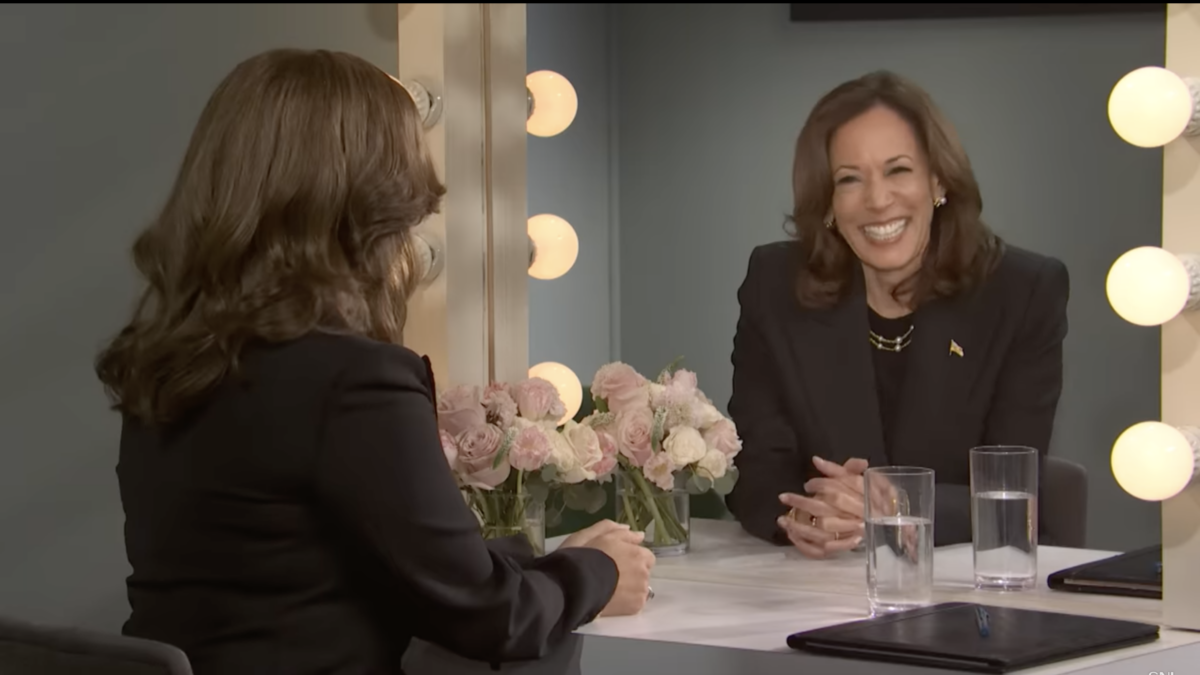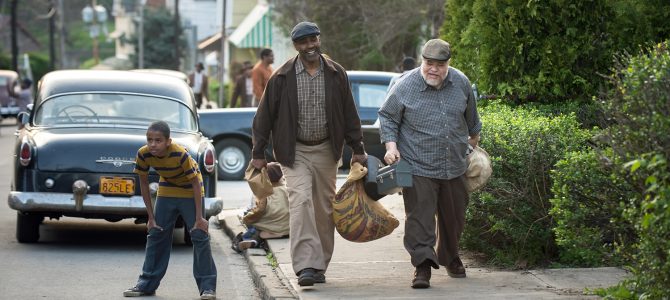
Denzel Washington’s Oscar-destined drama, “Fences,” based on the Tony Award- and Pulitzer Prize-winning 1987 play by August Wilson, is the story of Troy Maxson, a 53-year-old black man in 1950s Pittsburgh.
If you have time to read the play before you see the film, do. In fact, to the original play’s immense credit—the sixth in Wilson’s acclaimed ten-part “Pittsburgh Cycle,” all of which explored the evolving African-American experience in midcentury America— “Fences” is about so much more than merely race relations, for which the critical community mistakenly applauds it to this day.
It’s always been a heart-wrenching story and exceptional play, but now, thanks to Denzel Washington, “Fences” has become a decent and at times impressive feature film about men, masculinity, mortality, dreams, hopes, plans, mothers, family, commitment, betrayal, duty, dissatisfaction, and life itself—in fact, even more so the meaning of life itself.
Fences that Keep Things Out—and In
On a substantive level, the film’s title refers to the actual fence Maxson, played by Washington himself, builds throughout the film, finally finishing it in the third act. While Troy sees the fence as an allegory to keep the Grim Reaper away, his wife, Rose—played near flawlessly by Viola Davis, who will most likely win an Oscar for her performance—explains that fences keep certain things out, but more importantly, they keep the things we want in.
That specific metaphor of the symbolic fences in our lives that keep unwanted things out and needed things in applies not only to the plot and the meaning of the story, but in this case, to Washington’s film itself. That’s because “Fences” as a play is far superior to “Fences” as a film.
Plays are of course different than films. They’re capable of depth, dialogue, emotional development, expression, and experience that films are simply unable to convey––at least in as singular, personal, or meaningful a way. Conversely, while films grew out of plays in a sense, they moved on long ago. For the last century or so, films have been capable of illustrating scenes, characters, montages, and visual effects that plays could only dream of.
So what did this Oscar-worthy “Fences” keep in? Thanks to Wilson’s excellent source material, the dramatic exposition and analysis of America’s fraught racial history are second to none. The performances the actors give, especially Washington and Davis, are at times anywhere on that wide spectrum of true acting excellence, from excruciating, forsaken, and spiritually broken to heartfelt, hilarious, and awe-inspiring.
In fact, Washington and Davis are both reprising their original roles from the 2010 Broadway revival of “Fences,” and Washington in particular brings his best to the lead performance: his voice is a mighty instrument, his personifications and manner a pointed hat-tip and softened political response to Arthur Miller’s Willy Loman.
Viola Davis as Rose brings to the fore the essential stabilizing factor for the modern family—wife, mother, soulmate. But she also provides redemptive reconciliation against our deeply flawed protagonist, whose dealings with race, responsibility, and ultimate repercussions plague him until the day he dies.
A Strained Adaptation of Play to Film
So what did “Fences” keep out? In an ironically endearing way, Washington and Davis’s excellent acting highlights other performances not quite up to snuff. Mostly, it’s Jovan Adepo’s somewhat hollow Denzel impression as Troy’s son, Cory, that’s most noticeable. To a much lesser extent, it’s also Myketi Williamson’s challenging though inconsistent performance as Troy’s brother, Gabriel, who suffers psychological damage after a serious World War II injury.
More underwhelming than these all-in-all acceptable performances, however, is Washington’s directing, which points to the innate difficulty of making an acceptable film out of an already intensely moving play. By staying as true as possible to the dialogue, scene structure, and personal expressiveness of the original “Fences” on stage, Washington ended up making a neutralized, staccato film that lacks cinematographic dynamism, artistic expression, and even simple, necessary editing.
In his defense, it’s not Washington’s fault—far from it. In fact, his direction only suffers because his devotion to the original stage play was clearly more of a priority than the temptation (for too many directors these days) to force unnecessary cinematic elements on a play that’s capable of standing on its own merits.
All in all, “Fences” remains what it’s always been: a simply profound play. But now it’s been placed on the big screen for larger audiences, wider distribution, Oscar-worthy performances by A-listers, and exceptionally generous critical reviews.
In this era of seemingly more complicated, even faltering race relations in our country, the film itself, which is entirely about African-American realities in midcentury pre-Civil Rights era America, breathes prophetic meaning and analysis into the struggles that all human beings, no matter their race, must go through.
In that sense, “Fences” illuminates life itself. “What about my life?” asks Rosa in the painful, panicked midst of an especially difficult confrontation with Troy. It’s an indescribable credit to this play, this moment in our country’s history, and now, even this film itself, how well it answers that poignant question, and contributes to our understanding of who we are and what life–what living life–really means.


